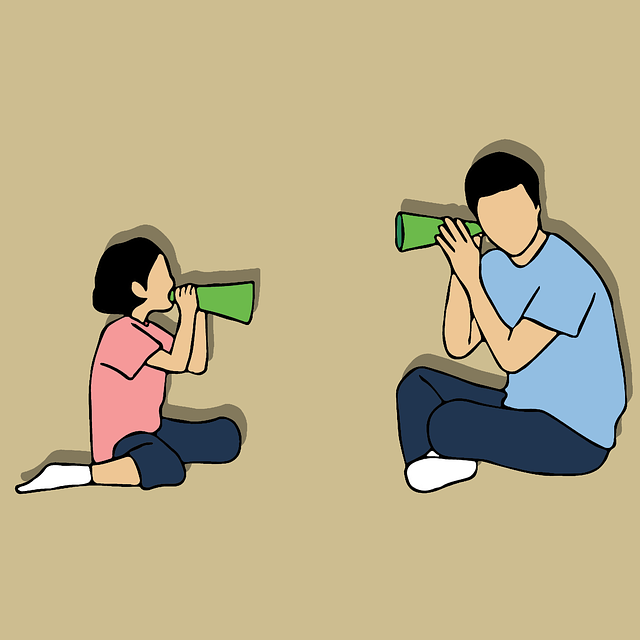Is there a difference between a speech therapist and a clinical speech therapist? The answer must be based on the many definitions that define a speech-language therapist as a professional with the necessary training and experience. The difference between the two lies in their applicability. A speech-language pathologist is a professional with a master\’s degree in special education specializing in speech therapy. They diagnose and treat children in special education centers and educational and psychological counseling centers. After receiving the above training, speech-language pathologists can become clinicians with further specialized training and several years of work experience. Training is completed through a certification exam. Clinical speech-language therapists diagnose and treat children as well as adults in private practices, hospitals, and clinics.
It\’s not just about mispronunciation
Many people mistakenly believe that speech therapists teach children to pronounce syllables correctly. This is not the case. One of the many language disorders is pronouncing syllables differently, confusing syllables, and commorating. For parents, this is both the most visible problem and the most common deficiency. However, there are many other communication disorders in children. These include stuttering, delayed language development, and developmental dysphonia. You can find out more about these language disorders through an Internet search engine or by asking your pediatrician. They should recommend that you see a speech therapist for prevention. Of course, you can also consult a speech therapist yourself.
Sessions with a speech therapist
No matter which way you book your appointment, the first session is always the same. There is a general diagnosis of the child or adult\’s communication skills. The speech therapist does not wear a white coat and has a comfortable office with lots of pictures and toys. The speech therapist speaks with the parents first and then with the child. In doing so, they use toys and pictures. During the session, the therapist takes notes on the personal and family history information obtained, along with the child\’s communication skills. Based on this information, they suggest treatment options and make the next appointment. At that time, he or she will remember to explain the status of the case and future plans for the child. Of course, regular exercises at home are a must. At the next session, different treatments have already begun, depending on the type of difficulty, the child\’s age, personal and family history, and other aspects. All sessions are supported by colorful pictures, coloring books, storybooks, stuffed animals, toys, and other objects of interest to the children to encourage motivation and confidence. Thus, there is no need to worry about visiting a speech therapist.
